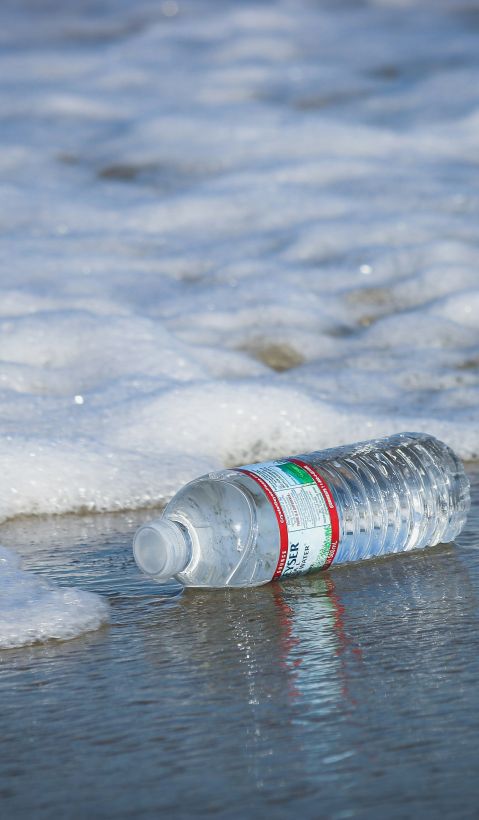
Plastic Pollution in West Africa: A Growing Concern
The Gulf of Guinea, a vital marine ecosystem for Ghana and Nigeria, is facing increasing threats from plastic waste. Rapid urbanization, economic expansion, and changing consumption habits have contributed to rising mismanaged waste, overwhelming existing collection and disposal systems. Without effective interventions, plastic pollution will continue to harm coastal communities, marine biodiversity, and economic sectors such as fishing and tourism.
Impact on Ecosystem and Livelihoods
The unchecked flow of plastic waste into rivers, coastal areas, and open waters disrupts marine ecosystems. Plastic debris entangles marine life, contaminates food chains, and degrades water quality, posing severe threats to biodiversity. Microplastics, which result from the breakdown of larger plastic waste, have been found in seafood, raising concerns over human health risks.
Beyond environmental damage, plastic pollution has economic consequences. Coastal communities that rely on fishing and tourism are directly impacted, as marine litter reduces fish populations, deters visitors, and increases clean-up costs for municipalities. In urban areas, plastic waste blocks drainage systems, contributing to flooding and sanitation crises.
Challenges in Waste Management
Despite growing awareness of plastic pollution, waste management infrastructure remains inadequate in many regions. Key challenges include:
Limited waste collection and recycling facilities, leading to open dumping and burning of plastics.
Weak enforcement of waste management policies, allowing unregulated disposal.
High reliance on single-use plastics, with limited incentives for reusable alternatives.
Informal waste collection systems operating without integration into structured recycling programs.
Building a Sustainable Approach
To reduce the impact of plastic waste on marine and coastal environments, a systemic shift is needed. This includes:
Enhancing waste collection and recycling through improved infrastructure and technology.
Developing circular economy models, such as reusing and repurposing plastic waste.
Strengthening policies and regulations, including Extended Producer Responsibility (EPR) schemes.
Engaging communities and businesses in sustainable waste management practices.
Promoting awareness and behavioral change through education and outreach initiatives.
